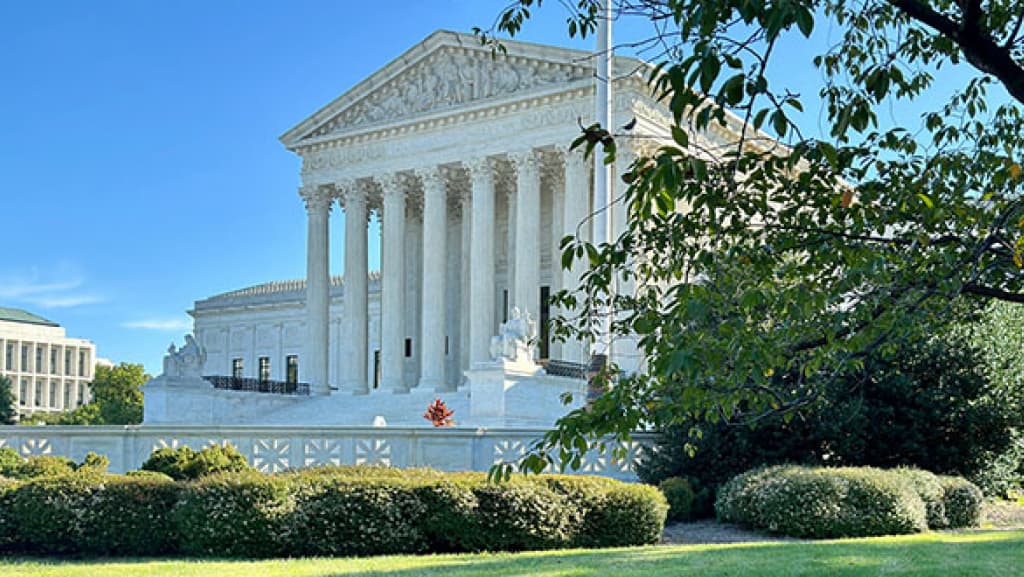
Foreign Firms Cannot Claim Free Speech Rights Reserved for Citizens: HC
Court upholds government blocking framework, reinforcing that social media intermediaries must comply with Indian law.
The Karnataka High Court has clarified that foreign companies cannot invoke the fundamental right to free speech under Article 19 of the Constitution, dismissing X Corp’s petition challenging the Union government’s Sahyog blocking portal and related notifications.
Such rights are reserved exclusively for Indian citizens, and intermediaries like X Corp must adhere to the regulatory framework to operate in the country, Justice M Nagaprasanna ruled.
“A company that is faceless in India cannot, based on baseless allegations, challenge the laws of the nation. Just as it is unimaginable for an entity with no presence in the United States to challenge US laws there, X Corp, operating as a faceless intermediary, cannot contest Indian statutes under Article 19. If it wishes to operate in the nation, it must comply with the law,” the Court said.
X Corp had contended that the Sahyog portal enables blocking orders under Section 79(3)(b) of the Information Technology Act, 2000 (IT Act), bypassing the due process mandated under Section 69A and the Shreya Singhal judgment. The petition followed multiple takedown orders issued by the Ministry of Railways after posts about a stampede at New Delhi Railway Station. X Corp sought a declaration that Section 79(3)(b) does not authorise content blocking.
The Court was unequivocal that Article 19 rights cannot be extended to foreigners.
“Article 19 is restricted to citizens. A foreigner cannot seek rights under Article 19 in the guise of Articles 14 or 21,” Justice Nagaprasanna held.
The Court rejected X Corp’s argument that statutory rights could be advanced under Article 14, stating:
“Ventilating statutory rights or grievances concerning the statute, seeking to challenge the statutes of the nation, on the foundation of Article 19, cannot be countenanced.”
The judgment reaffirmed that freedom of speech under Article 19(1)(a) is subject to reasonable restrictions. Referring to the Constitution’s First Amendment, the Court emphasised that liberty and restraint must co-exist:
“The guarantees securing liberty to citizens are not absolute; they are accompanied by the tempering hand of reasonable restriction.”
While the Supreme Court in Shreya Singhal v. Union of India had read down Section 79 and upheld Section 69A, the regulatory framework still allows blocking orders consistent with constitutional limitations.
Justice Nagaprasanna also analysed communication law in India and abroad. Tracing developments from postal systems to social media, he noted that no medium has ever been beyond the reach of law: “From colonial-era press to today’s digital platforms, law has always tempered liberty with responsibility, freedom with accountability.”
Examining American law, the Court observed that X Corp’s plea for untrammelled free speech was misplaced: “Even in its home country, the dissemination of information has never been free from legal constraints.”
The Court rejected X Corp’s challenge to Rule 3(1)(d) of the Intermediary Guidelines, 2021, which allows government departments and police to issue takedown notices. While the company argued the rule exceeded the IT Act, the Court held it formed part of the statutory framework and was constitutional.
The Sahyog portal, used to communicate such orders, was upheld as a legitimate statutory instrument.
“The Sahyog Portal, far from being unconstitutional, is an instrument of public good. Conceived under Section 79(3)(b) of the IT Act and Rule 3(1)(d) of the 2021 Rules, it facilitates cooperation between citizen and intermediary to combat cybercrime. Challenging its validity misunderstands its purpose,” the Court stated.
Rejecting claims of being a neutral intermediary, Justice Nagaprasanna said: “The platform controls vast amounts of information, and content becomes popular or unpopular through its algorithms. It cannot evade responsibility by portraying itself as a passive channel.”
The Karnataka High Court thus reaffirmed that foreign intermediaries cannot cloak themselves in rights meant for Indian citizens. It upheld the government’s blocking framework and directed that companies like X Corp must respect Indian law to continue operations.
“Social media, the modern amphitheatre of ideas, cannot be left in a state of anarchic freedom. Regulating information in this domain is neither novel nor unique,” the Court concluded.
“The Regulated – the petitioner and the like – is asking the Regulator – the Government of India – to be regulated by this Court. This is untenable,” the judgment added.
For any enquiries please fill out this form, or contact info@thelawreporters.com and Follow The Law Reporters on WhatsApp Channels